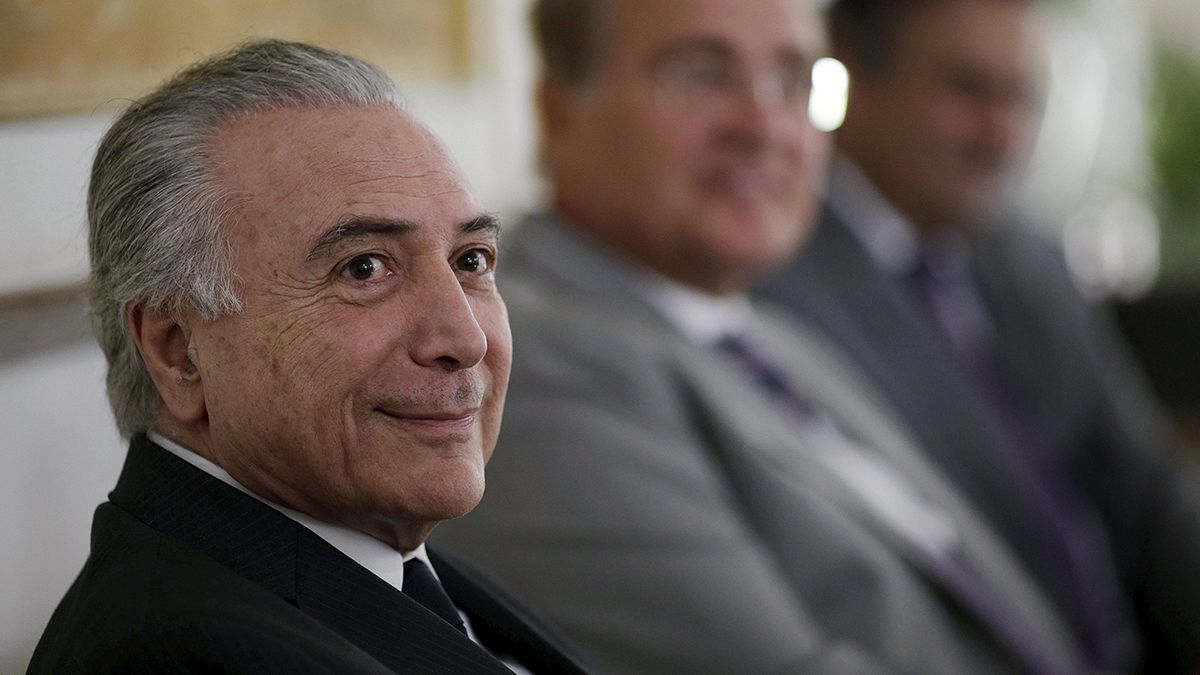This is now the time for Michel Temer to step out of the shadow of Dilma Rousseff for whom he served as vice-president since 2011. He is set to
This is now the time for Michel Temer to step out of the shadow of Dilma Rousseff for whom he served as vice-president since 2011.
He is set to assume power during this next stage of the impeachment process and could be president until the end of the current mandate in December 2018.
He is almost unknown to Brazilians and more unpopular than Dilma Rousseff. He has been preparing to succeed to high office for a long time and has waited with patience.
“I want to say that I will quietly and respectfully await the Senate’s decision. It is the Senate which has the last word on this issue, so it would be inappropriate for me to say anything before the Senate has signed its solution,” he told reporters.
Top of his in tray is to cut the number of ministries to 22 from 32 according to a close adviser. The smaller cabinet promised by Temer is seen as a cost cutting exercise and a determination to put the public accounts of Latin America’s largest economy in order. It is going through the worst recession in three decades.
There has been a drop in prices for Brazilian commodities such as oil, iron ore and soya.
GDP is forecast to shrink by 3.9 percent this year. Inflation reached 10.7 percent at the end of last year, a 12 year high.
Interest rates are at 14.25 percent and the deficit reached 10.4 percent in 2015. The country’s debt is out of control.
Unemployment in Brazil increased to nine percent in 2015 with predictions it will rise further. Companies are shedding in the region of 100,000 jobs a month.
Aides say Temer will act quickly on the economy proposing changes to the costly pension system and complex tax system while seeking the privatisation of state-run companies.
“The economic situation in Brazil has many factors and the expectation is that the recession will continue for some time yet, a few more years. No measure can resolve the problem immediately, whoever is in government,” opined Michael Freitas Mohallen, Law Professor at the Getulio Vargas Foundation.
Another ingredient in this explosive cocktail are a series of corruption scandals including allegations that Brazil’s biggest construction firms overcharged state-oil company Petrobras for building contracts. Company executives and politicians were allegedly involved.
Brazil will once again be exposed to the world’s gaze during the forthcoming Olympic Games. The long months of political upheaval have hampered the start of the advertising campaign to attract visitors to the summer spectacle and it’s feared the country’s image has already been hampered.


